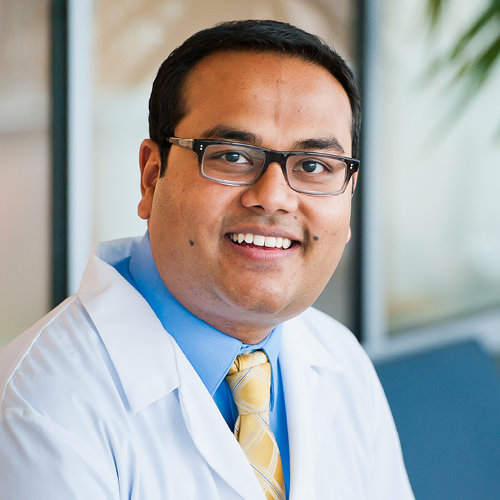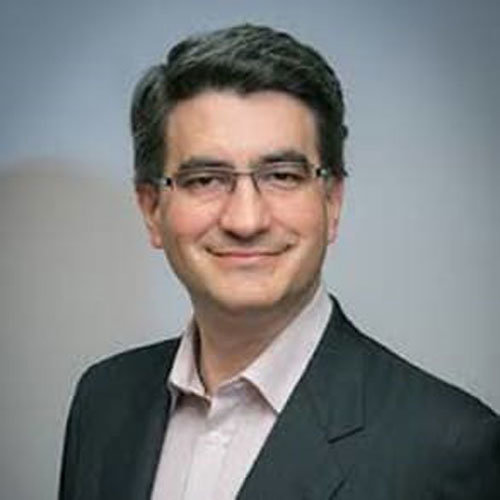After TILs have shown benefits in advanced melanoma, many ‘synthetic biology’ strategies can be conceived to potentially extend this clinical signal to other patient groups
Alongside the revolutionary introduction and expansion of the use of immune checkpoint inhibitors, a second upcoming topic in cancer immunotherapy is the development of T-cell therapies. In haematological malignancies, the development of CAR T-cell therapies – in which blood T cells are modified to express a chimeric antigen receptor (CAR) – has resulted in profound clinical activity. However, it has been challenging to achieve the same kind of activity with CAR T-cells in solid tumours, in particular because of a scarcity of sufficiently tumour-specific antigens for these chimeric antigen receptors.
We have speculated that the dissection of naturally occurring antitumour activity in patients with melanoma may be used as a starting point to develop a novel generation of T-cell therapies for solid tumours. Melanoma is considered one of the more immunogenic tumour types. In line with this, work from Rosenberg and colleagues and other research groups has provided evidence for the antitumour activity of tumour-infiltrating lymphocyte (TIL) therapy in phase I/II studies, in which T cells derived from a tumour – such as a resected metastatic lesion – are grown up in large numbers in vitro and reintroduced in the patient (J Clin Oncol. 2008;26:5233–5239; Clin Cancer Res. 2016;22:3734–3745; J Immunother Cancer. 2020;8:e000848; J Clin Oncol. 2021;39:2656–2666).
In our joint efforts, in part academic and in part involving biotech companies, we have focussed on three aspects to help understand and improve the activity of T-cell therapies. In the first effort, we have aimed to provide formal evidence for the clinical value of TIL therapy. In the second effort, we have set out to identify the ‘active ingredient’ in such TILs, with the goal to use this knowledge to create T-cell products with a higher level of tumour reactivity. In the third effort, we have aimed to develop novel approaches to support both the number and activity of tumour-reactive T cells in patients following adoptive transfer.
The positive results from the phase III trial presented at ESMO Congress 2022 of adoptive cell therapy using TILs in patients with melanoma (LBA3) form the outcome of the first of these three efforts. These data demonstrate the significantly longer progression-free survival upon TIL therapy over standard-of-care immunotherapy (ipilimumab) in patients with advanced melanoma who are refractory to anti-PD-1 treatment. TIL therapy therefore offers a novel personalised treatment option that provides durable benefits in a setting where few treatments exist and where there is a high unmet need.
How can we further optimise TIL therapy? The very nature of sourcing cells from tumours means that we cannot be certain what these cells will recognise. While some T cells will be highly tumour reactive, a great proportion has been shown to be bystander cells that do not recognise tumour antigens. Understanding which antigens these T cells recognise and subsequent enrichment of the tumour-reactive TILs has therefore been a key goal. We speculate that next-generation TIL therapy may involve the transfer of just the tumour antigen specific receptors, introducing these T-cell receptors into ‘more fit’ peripheral blood T cells by genetic modification. In addition, the activity of such gene-modified T cells may be boosted through additional genetic modifications, and through the use of designer cytokines that selectively target the tumour-reactive T cells of interest. To drive the development of these next-generation T-cell therapies, collaborative endeavours between different research specialities, academia and biotech companies will be critical.
[This article was written in collaboration with Ton N. Schumacher from Netherlands Cancer Institute, Amsterdam, Netherlands.]Don’t miss:
Haanen JB. Antigen-focused, biotech-empowered: The promise of antibody and cell-based therapies in cancer. ESMO Congress 2022
Keynote Lecture, 11.09.2022, h. 12:00 – 12:30, Brest Auditorium





